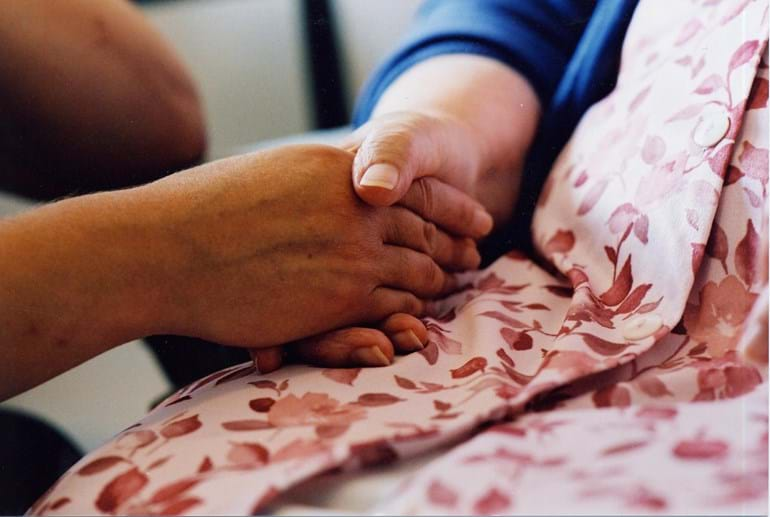10 years since the Winterbourne View abuse case: what have we learnt?

Steven works on our campaigns and influences government so they better represent people with complex disabilities. He takes a look at the scandal at Winterbourne View residential home 10 years on.
In June 2011, I, like many others, watched in horror as undercover footage for BBC Panorama showed the systematic abuse suffered by people living at Winterbourne View, a residential care home for people with learning disabilities near Bristol.
The undercover footage showed residents being slapped, having their hair pulled, being verbally abused and held down while forced to take medication. Although the support workers involved rightly faced prosecution, the scandal raised wider questions about the care of people with learning disabilities and/or autism that, 10 years on, haven’t been answered.
They promised lessons would be learnt following the uncovering of what was going on at Winterbourne View, and in 2012 the government launched an urgent review. They recognised that a hospital is not a home and promised to transfer 3,500 people in similar hospitals to community-based care. This meant that individuals could live closer to or at home while accessing support and services in their local area.
More care in the community is needed for people with learning disabilities
People with learning disabilities and/or autism should only be staying for long periods of time in hospitals or in-patient settings, in exceptional circumstances, such as for urgent mental health support. Speaking at the time, the Health Minister Norman Lamb promised a dramatic reduction in the number of people living in hospitals. He also said that many of the residents at Winterbourne View should not have been there in the first place and that this was the case across the country.
We need more action to make care delivered in the community a reality. While we’ve seen a recognition that care and support delivered in the community is more beneficial for individuals, we need to see greater action to make this a reality for all people with learning disabilities and/or autism.
Steven Morris
In 2017, I watched Channel 4’s Dispatches programme about the issue. I watched with mounting dismay as it showed that people were still being held in hospitals or care homes that don’t meet their needs or, in some cases, even keep them safe.
In 2019, we heard the story of Bethany, an autistic teenager who was held ‘in a cell for two years’. She received no therapeutic care while in hospital.
Too many people remain in inappropriate residential settings or hospitals
Over 2,000 people remain in in-patient settings with over 60% of these people having been there for over two years. People in places like this are often a long way from family. They’re often at risk of receiving insufficient care.
60%of people have been in in-patient settings for over two years.
I’m not suggesting that the kind of abuse we saw at Winterbourne View is prevalent — the majority of staff who work in such settings are dedicated and caring professionals. But we do need to see people with learning disabilities and/or autism supported to access the care they need in the community so they can live the lives they choose.
Good quality care and support, like the type Sense prides itself on, can stop people from being admitted to hospital in the first place. But more recognition and resource for these services is needed.
It’s a shocking indictment of our health and social care system, that ten years on from Winterbourne View, we are yet to see the change needed.
Join us to campaign for change
Become a Sense campaigner so we can make sure that people with complex disabilities get the support they deserve. You’ll join the Sense campaigns network and get all the latest on our campaigns for the rights of people living with complex disabilities to take part in life.

